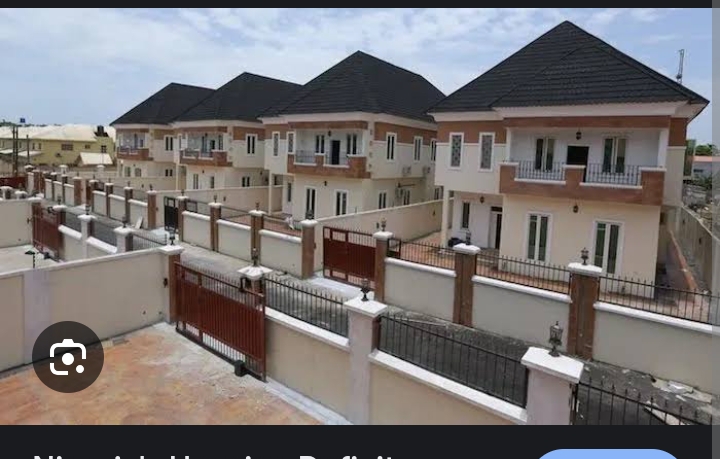<span;>Editorial( Housing TV Africa)
High construction costs worsened by monopolistic practices in the building materials sector and high transportation expenses make new housing developments expensive and inaccessible to average Nigerians. Meanwhile, the UN has documented forced evictions of vulnerable groups across the country, stripping citizens not only of shelter but also of dignity.
Experts warn that this housing deficit is not just about numbers. It is a developmental emergency undermining poverty reduction, social stability, and urban planning. Without urgent reforms, cities like Lagos, Abuja, and Port Harcourt risk further overcrowding, deepening inequality, and potential unrest.
Glimmers of Hope
Despite the grim picture, innovative solutions are emerging. Public-private partnerships are being explored to unlock affordable housing. Proptech innovators such as Citiliving are experimenting with mass housing techniques to deliver scalable solutions, particularly in Lagos. The Central Bank of Nigeria and housing advocates are also pushing for reforms to streamline housing delivery and create a friendlier environment for developers.

The Federal Government has launched initiatives like the National Housing Programme, though its impact has been limited by affordability and transparency concerns. Analysts argue that reforms in land administration, affordable financing, and stronger regulatory oversight of rental practices are essential if progress is to be made.
A Call to Action
At Housing TV Africa, we believe housing is more than bricks and mortar it is a human right and a cornerstone of development. To close the gap, Nigeria must act decisively:
• Reform land and housing policies to prioritize affordability.
• Incentivize and scale affordable housing projects.
• Regulate exploitative rental practices that trap tenants in cycles of poverty.
• Invest in sustainable urban planning that anticipates population growth.
The housing deficit is not just about shelter. It is about dignity, equality, and the future of Nigeria’s urban centers. Anything less than bold action will be a betrayal of the millions who wake each day in fear of eviction, priced out of security and dignity.
The crisis is urgent. The time to act is now.



